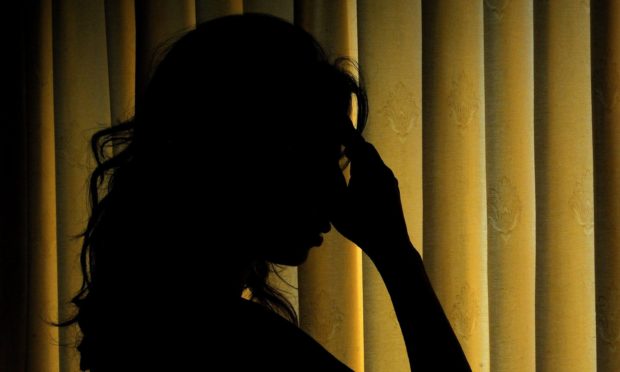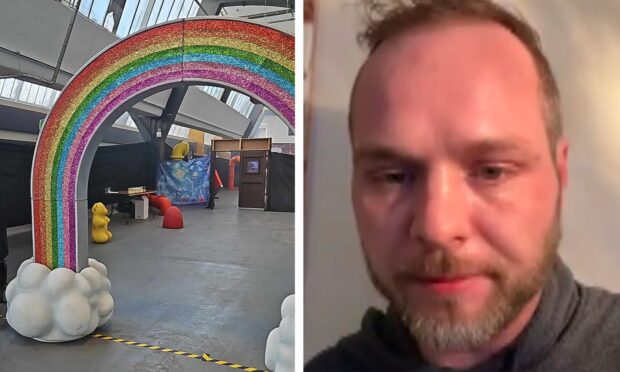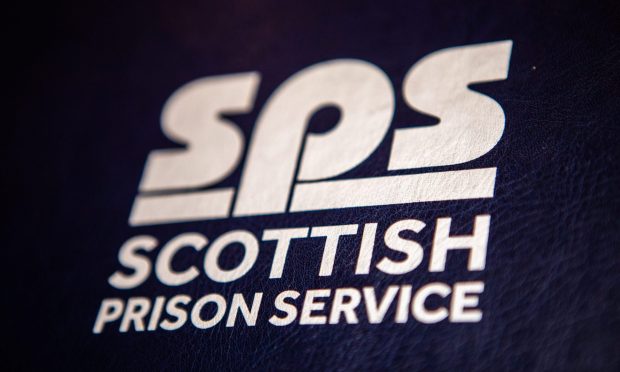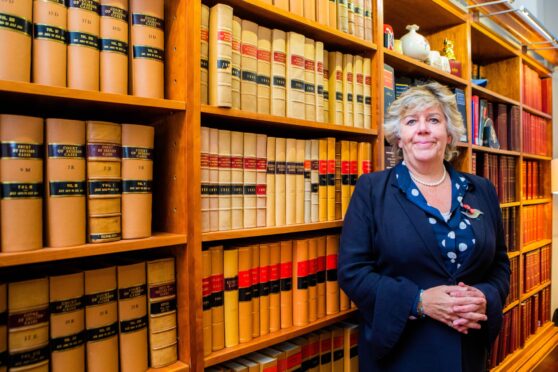The shortfall in the number of mental health officers working in Scotland’s councils reached its highest level last year, according to a new report.
It found that an additional 40 full-time officers would be needed to fully address the gap in staffing levels.
The Scottish Social Services Council (SSSC) report found that the number of whole-time equivalent (WTE) officers increased by 2% to 670 in December 2015, but the overall shortfall is the highest since data was first collected in 2008.
The number of WTE officers had fallen from 698 in 2012 to 657 in 2014, before recovering slightly in 2015 to 670.
But the survey of local authorities also revealed that 21 councils had a shortfall in their mental health officer staffing levels – the same number as in 2014, and up from 14 councils in 2012. Dundee’s number of MHOs remained at 27 per 100,000, while Fife’s rose from 43 to 47.
The total additional hours per week required to address shortfalls has increased by around a third from 2014 to around 1,550 hours a week in 2015. Over 40 extra full-time exclusive officers would be required across Scotland to fully address this reported shortfall, the report found.
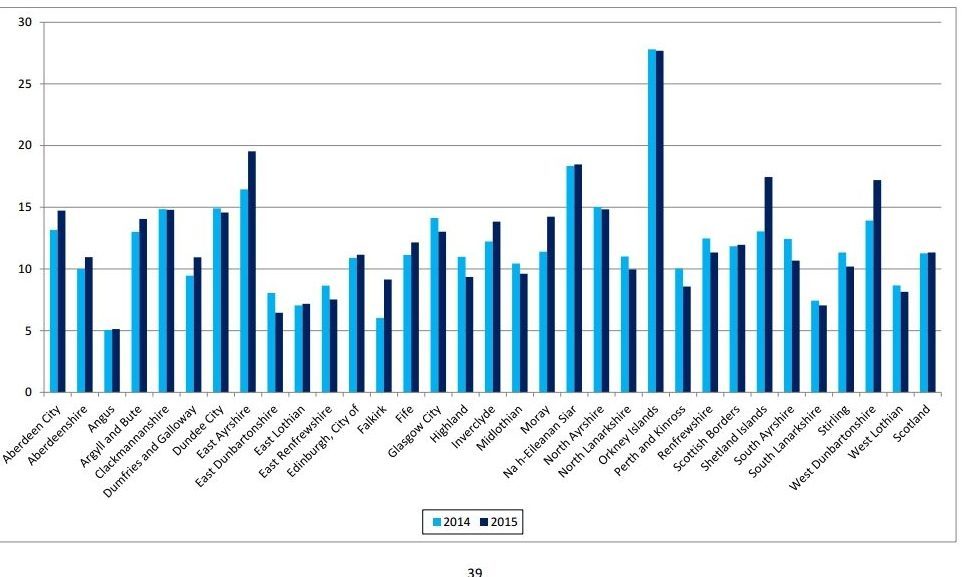
A total of 53 officers left the workforce between December 1 2014 and December 7 2015, a reduction of 15% over the previous year. Of these, about a quarter retired, about a quarter resigned and just under a third left for other reasons such as a career break or secondment.
Anna Fowlie, SSSC chief executive said: “Although the overall number of MHOs has gone up, this report shows the challenges facing local authorities as the data from the 21 authorities that answered the shortfall question shows the overall shortfall is at its highest since this data was first collected in 2008.
“The report also shows the number of MHOs aged 45 or more is at its highest level for three years so we need to make sure enough new trainees are coming into MHO work in future.”
